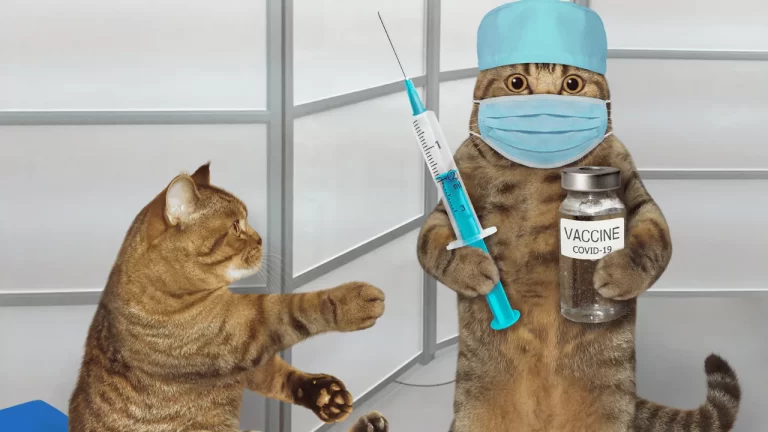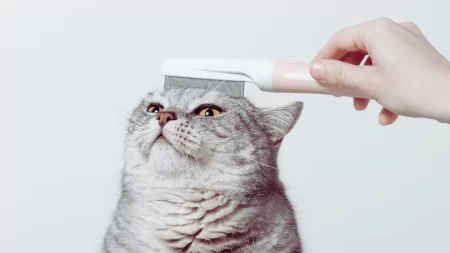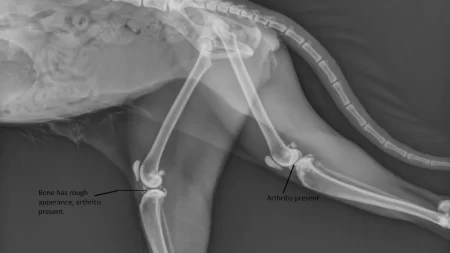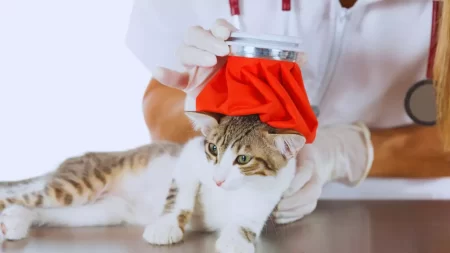The risk of COVID-19 spreading from people to cats is low, but it is still possible. There have been a few confirmed cases of cats becoming infected with COVID-19 from their owners, but the cats have generally only had mild symptoms, and most have recovered fully.
Can Cats Get Infected with COVID-19?
The short answer is yes, but it is very rare. COVID-19 is caused by a type of coronavirus that mostly spreads from person to person. However, it can also spread from people to animals in some cases.
According to the U.S. Centers for Disease Control and Prevention (CDC), pets, including cats and dogs, have been infected with the virus that causes COVID-19, mostly after close contact with people infected with the virus.
The chance of animals infecting humans is minimal. Animals don’t spread COVID-19 in large numbers. Pet skin, fur, and hair do not carry infections to humans or other animals. Animals may transmit various diseases that can make humans ill, particularly small children, persons with compromised immune systems, and seniors.
How to Protect Your Pets if You Have COVID-19?
If you are infected with COVID-19 and also own a pet, you should treat it with the same care as a sick family member. According to the AVMA (American Veterinary Medical Association), you should:
- Keep to yourself, even your pet, unless absolutely necessary.
- Ask a family member or friend to take care of your pet if you can’t.
- It’s best not to share anything with your pet, including food and bedding.
- Wear a face mask if you must care for an animal or be around animals when you are ill.
- Always use soap and water to clean your hands before and after dealing with any animal or animal products.
These measures will help reduce the risk of transmitting the virus to your pet or other animals.
What to Do if Your Cat Shows Symptoms of COVID-19
Cats with COVID-19 may cough, sneeze, have a fever, and have nasal or ocular discharge. Avoid taking your cat to the vet if you have the virus. Instead, tell the vet you have COVID-19. Telemedicine and other pet treatment options are available from certain vets.
Only dogs with symptoms and COVID-19 exposure should be tested. Follow the aforementioned measures if your pet tests positive for COVID-19. Put your pet in a room apart from the family and keep it at home. Also:
- Use gloves while handling your pet’s food, dishes, trash, or bedding.
- After handling your pet’s stuff, wash your hands.
- Avoid masking your pet.
- Avoid disinfecting your pet.
Cats usually recover in a few days with supportive care, and they will not transmit the virus to you. However, be prepared for potential quarantine or isolation measures for your pet as advised by public health officials or veterinarians.







